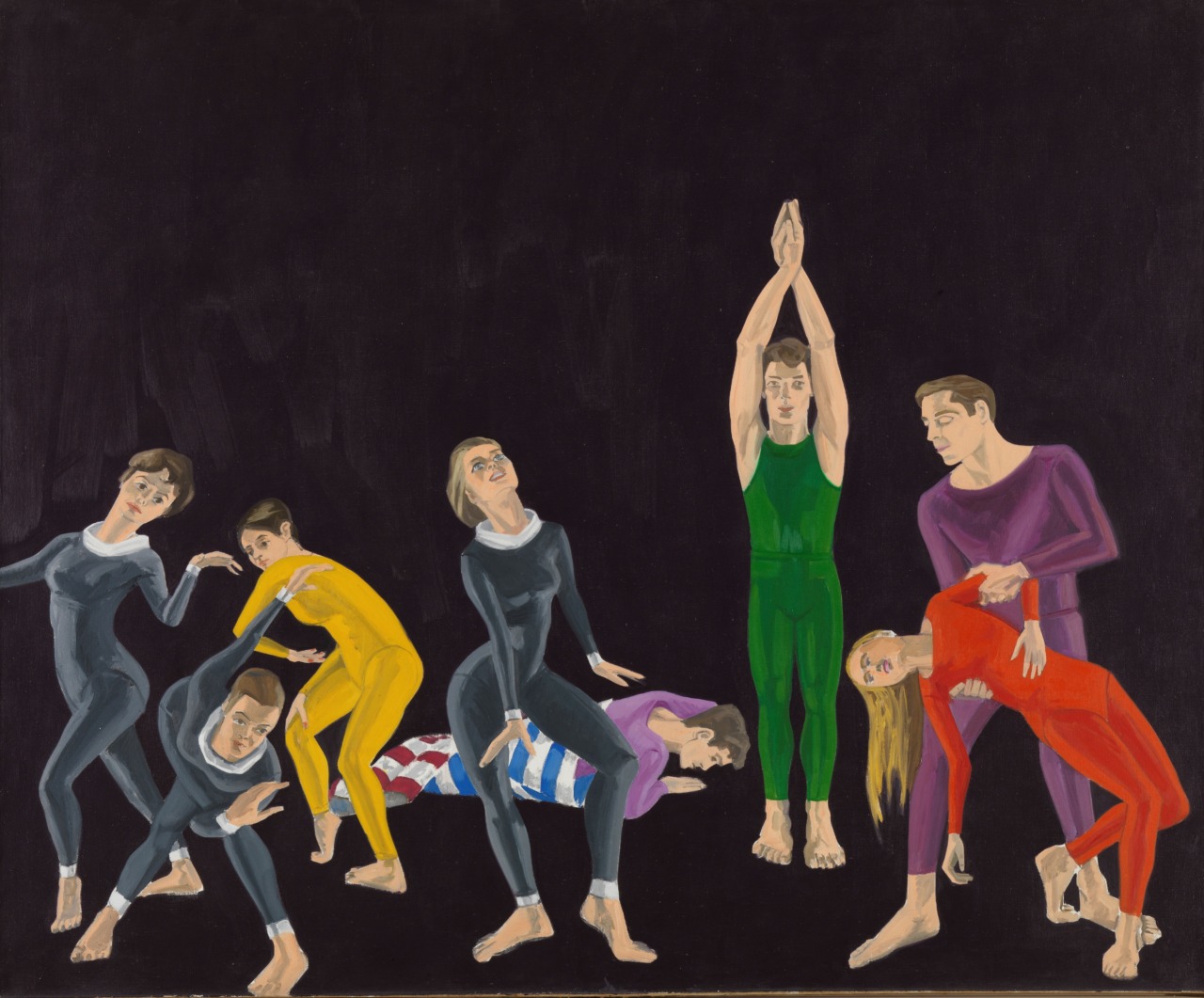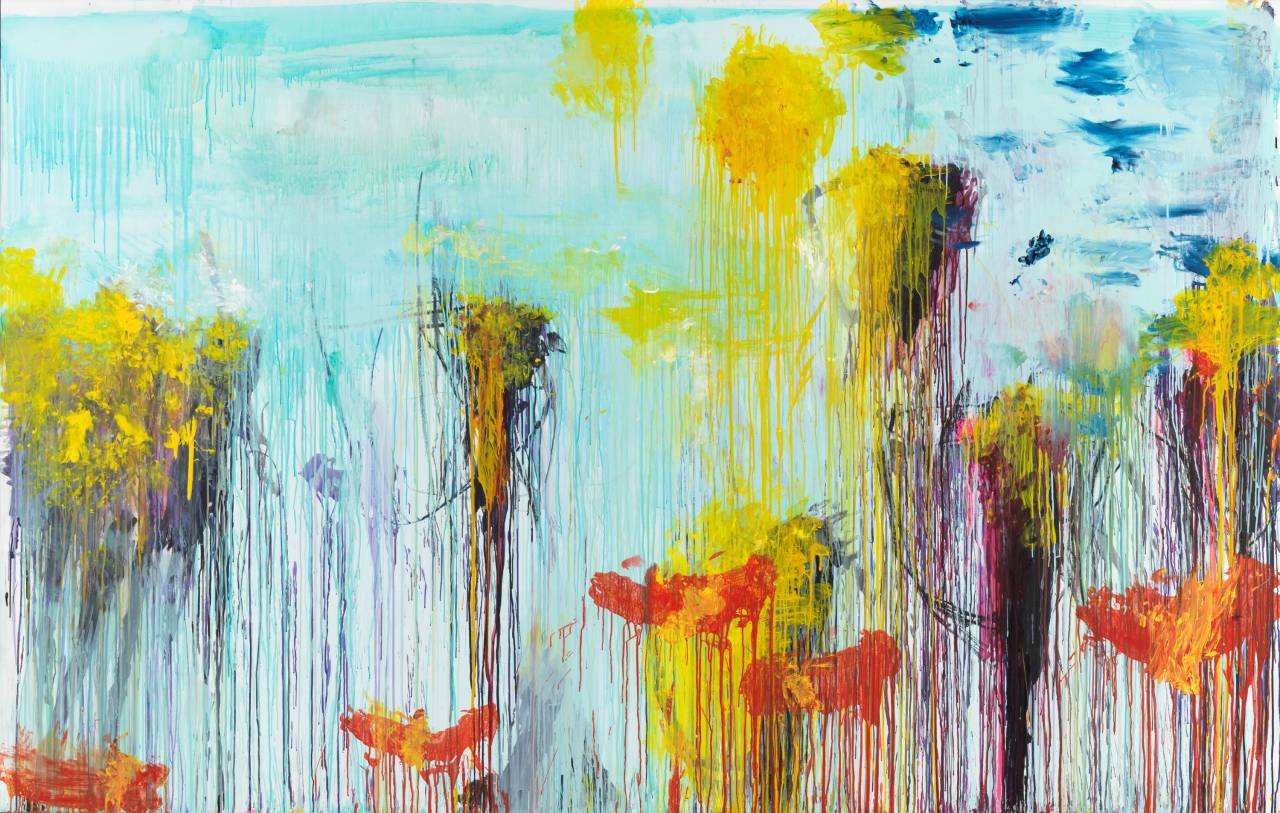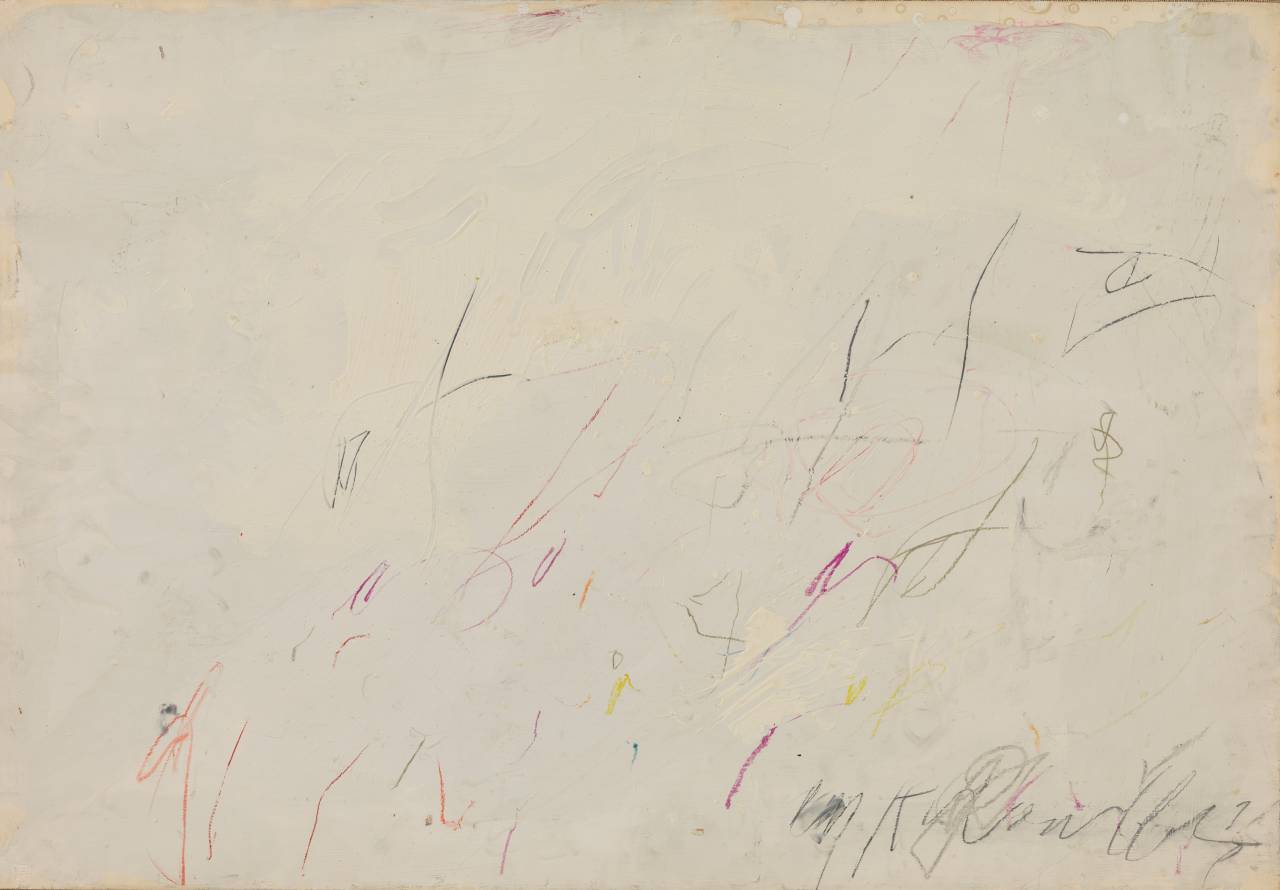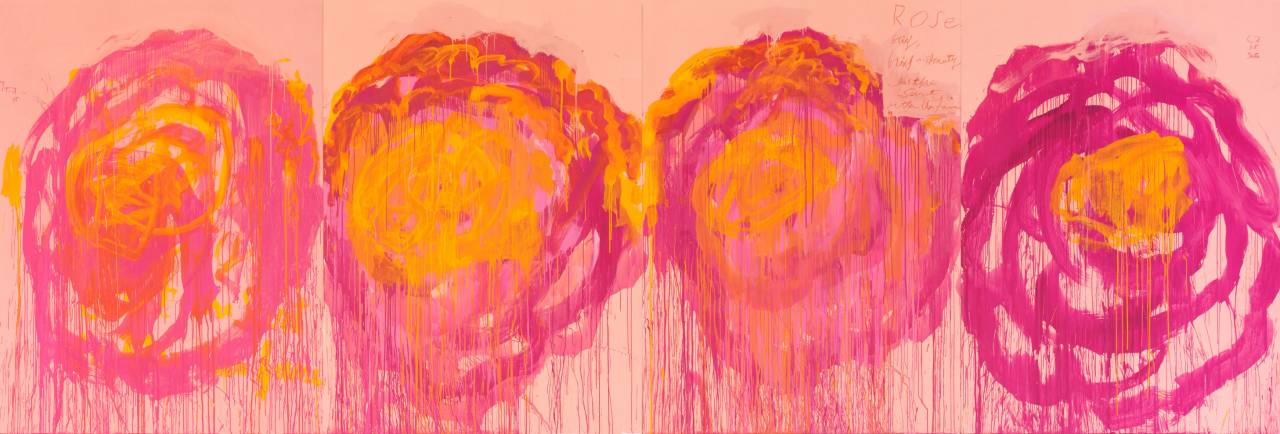
Live-Talk | California Dreaming? Ed Ruscha’s documentation of utopia and dystopia in his artist’s books
Key data
- Time of day7:00 until 8:00 PM
- Target groupAdults
- RegistrationPlease register at anmeldung@museum-brandhorst.de
Description
Hosted by: Sarah Hegenbart in conversation with Eva Ehninger and Michael Diers
Ed Ruscha is regarded as one of the most influential precursors of contemporary artists’ book culture. In the 1960s, using a simple, democratic and cheap medium, he not only helped to legitimize artists’ books, but was also decisive in developing them as a medium of conceptual art. He drew his motifs from urban landscapes that are typical of his chosen home Los Angeles and its surroundings, but also objects of desire and situations that describe the “American Way of Life” of the 1960s and 1970s. The subjects he photographs are often banal everyday things: parking lots, apartment blocks, swimming pools and LPs are all deemed worthy of depiction. Between 1963 and 1978 Ed Ruscha published a total of 16 self-designed photobooks, which we are showing in our current exhibition “Spot On: Books from the Brandhorst Collection”. Our exhibition correlates with the international lecture series “California Dreaming: Utopia, Dystopia”, which is organized jointly by the Central Institute for Art History and the Chair in Theory and History for Architecture, Art and Design at the Technical University, Munich. The question as to whether the utopias connected with the Californian dream manage to become everyday reality is not only a central topic in this series, it also shapes the conception of this exhibition. Interfaces emerge above all between the talks by Eva Ehninger and Michael Diers, as well as the presentation of artists’ books at Museum Brandhorst.
We have taken this opportunity to invite Sarah Hegenbart, the organizer of the conference, to partake in a conversation with Eva Ehninger and Michael Diers.
The conversation will be held in German. During the event you have the possibility to ask questions to the speakers (via chat).
Please register for the event at anmeldung@museum-brandhorst.de. We will then send you all further information.
Michael Diers, art historian and critic, has been Professor for Art History and Visual Studies at the University of Fine Arts in Hamburg and Extraordinary Professor for Art History at the Humboldt University of Berlin. His research focuses on Renaissance Art, modernism and contemporary art, photography and new media, art und media theory, political iconography and history of science.
Eva Ehninger is Professor for Modern Art at the Institute of Art and Visual History, Humboldt-University, Berlin. She is a member of the Ed Ruscha Streets of Los Angeles Research Initiative of the Getty Research Center, Los Angeles. Her current research focuses on photographic norms of representation.
Sarah Hegenbart currently works as a lecturer in art history at the Technical University, Munich. In her postdoctoral research project "Diagnosing post-truth politics: Dialogical art and black aesthetics", she analyses a variety of artistic positions from the Black diaspora against the backdrop of their potential to force a mode of resistance against essentialist thinking in an era that has been labeled as "post-democracy”.
Fig.: Pool #2 aus: Ed Ruscha, Nine Swimming Pools and a Broken Glass, 1968
© Ed Ruscha. Courtesy of the artist and Gagosian
















